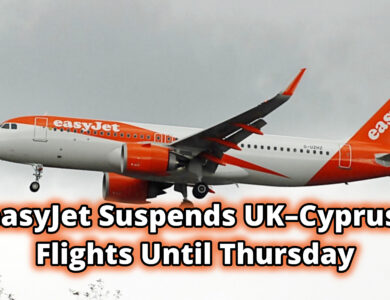
Jet lag stands out as a time-difference effect that is experienced differently depending on the direction of long-haul travel. According to experts, eastbound flights put more strain on the body because the day becomes shorter due to the Earth’s rotation, making it harder for the internal clock to adjust to a reduced day length. On westbound flights, however, the day is extended, so the body’s circadian rhythm adapts more easily to the new schedule.
For this reason, the roughly 4-hour time difference when flying from London to New York is more easily tolerated, while the 6-hour difference on the return from New York to London causes more noticeable sleep disruption and fatigue.
Experts recommend staying well-hydrated before and after the flight, getting exposure to daylight upon arrival, and avoiding caffeine and alcohol before sleep to reduce the effects of jet lag. Adjusting your watch to the destination’s local time before departure can also help your biological rhythm adapt more quickly.



